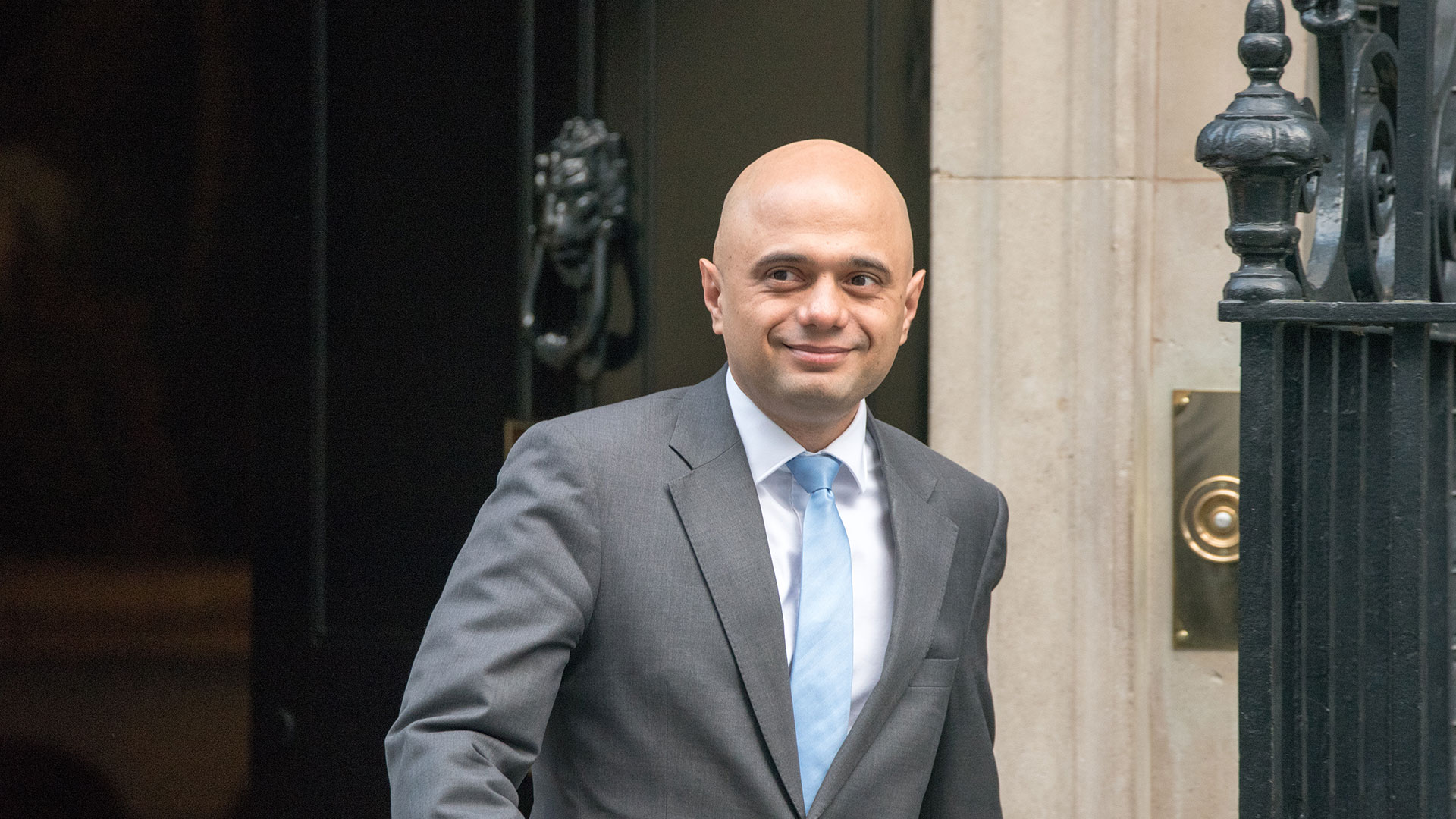At what point does a good idea become a spiralling mess that will tip people into terrible poverty, ruin and homelessness?
Now? Last week? A year ago? Nobody seems to know. But it’s a reality that is not going to ease.
Last week two significant things happened around Universal Credit. Universal Credit is the Good Idea.
Work and Pensions Secretary Esther McVey admitted that some people would be worse off under Universal Credit. A percentage of families could lose £200 a month as they fall under the scheme. That is a huge, life-damaging amount for those who need it most.
At the same time her former boss Iain Duncan Smith, the architect of Universal Credit, the man for whom it is less a smart application of benefits and more of an ideological crusade, said the scheme needed a £2bn cash injection. Big injection.
At the heart of broken systems are personal stories
It’s worth rewinding. When the scheme was introduced by IDS in 2012 the idea was simple. Replace the complex benefits system of six payments – including Housing Benefit, Child Tax Credit, Income Support and Jobseeker’s Allowance – with one monthly payment. It’ll cut fraud, they said. It’ll encourage the poorest households to learn monthly money management and it’ll make work more attractive than benefits. There was even a delay in first payment built in (it was six weeks, now it’s five) to echo the way first wages come in a new job. Which is fine if you have some savings already or means to support yourself. Not so good if you’re right on the margins, or have been beaten around by the hard winds of austerity. As people who need to claim Universal Credit frequently have.










